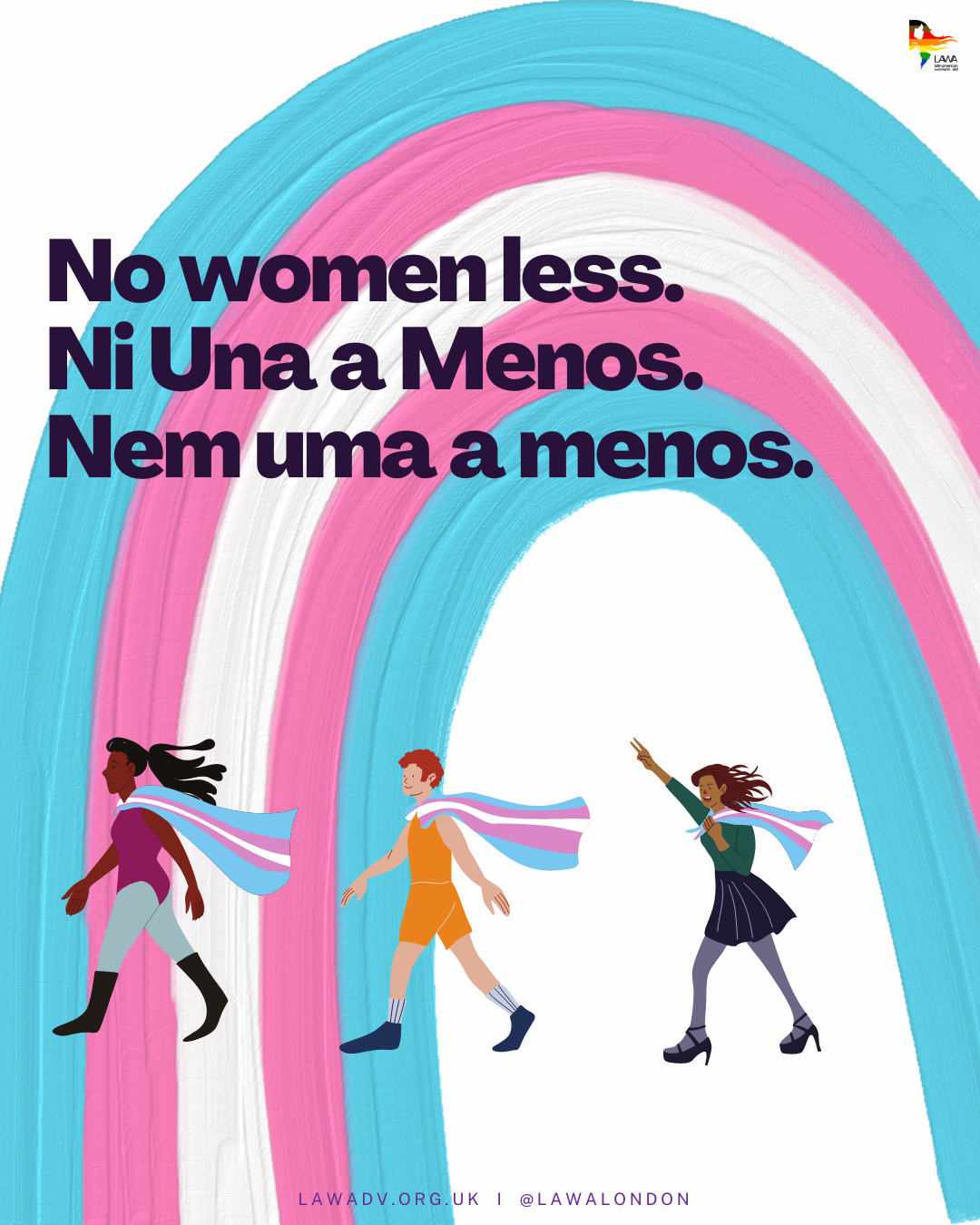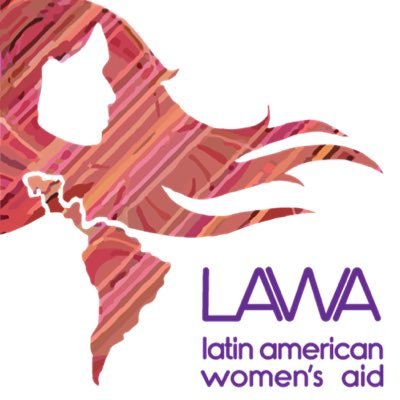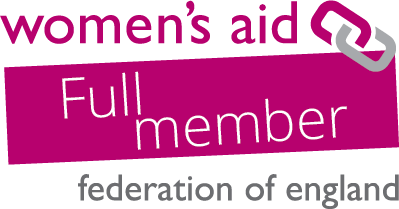
The 20th of November is the Trans Day of Remembrance, and we honour the memory of those who are not with us anymore.
Latin America is the continent that kills. the most transgender people in the world. Three Latin American countries are in the top 5 of the global ranking of countries with the highest number of killings of transgender people. Leading the ranking by far, is Brazil, with almost double the number (125) than the second place, Mexico (65), according to the 2020-2021 report of “TransRespect versus Transphobia Worldwide” (TvT), an ongoing, comparative qualitative-quantitative research project initiated by Transgender Europe (TGEU)*. According to the same research, 2021 was the deadliest year for trans people, and we await the 2022 results not published until this publication.
For many transgender people, especially transgender women, migrating to the UK is not exactly an option, but the only way to survive. Many of them, for lack of family and social support, a consequence of transphobia, are victims of exploitation and are taken to other countries with the promise of a safer life. Others simply see no way out but to try life in a country that is considered safer. However, when they arrive in the UK they find even more challenges and a system that is just as transphobic, as well as being extremely racist and xenophobic. Here, they are often left without help and criminalised for being victims and left with no support, which forces them to continue living in environments where they will keep experiencing gender-based violence and abuse, both in government accommodations that are not oriented towards LGBTQ+ people, and in the lack of emotional, social and financial support for these women to live with a little more security. According to TvT’s research, of the cases of murder of trans people in Europe, 43% were migrants.
The UK is still behind in the fight against transphobia. Currently, the government has banned the so-called ‘conversion therapy’, to us, ‘Coercive Conversion Practices’, for lesbians, gays, and bisexuals, but has not banned the same practice for transgender people. Stonewall’s LGBT in Britain – Health report, found that one in twenty LGBT people (fivepercentt) have been pressured to access services to question or change their sexual orientation when accessing healthcare services. This number rises to ninepercentt of LGBT people aged 18-24, nine percent of Black, Asian, and minority ethnic LGBT people- and eightpercentt of LGBT disabled people. One in five trans people (20percentt) have been pressured to access services to suppress their gender identity when accessing healthcare services. In addition, health staff is not trained enough to work with people who decide to transition and/or who are just looking for professional guidance and access to the health system. Queues to access Gender Dysphoria Clinics, specialised services for transgender people, can take up to 5 years. The number of suicides of transgender people keeps increasing not only in Latin America but also here.
It is necessary to reflect on what makes the UK government deem a country safe, considering that globally ranking as one of the countries with the highest number of murders of transgender people is still not enough for these people to be considered victims and survivors. The Home Office needs to create a different system to filter the applications they receive, to not only filter by countries, but to consider groups and “minorities”. As well as training its staff and thinking about housing options for the LGBTQ community. Not placing them, for instance, with religious families that would not easily accept a transwoman sharing the same room, and it should, without questioning it, ban any Coercive Conversion Practices.
Across Latin America, political progress towards boosting trans rights has been mixed. In the first round of the Brazilian elections, the deadliest country for trans women, we saw a record number of trans women elected to official positions, among them, two were among the 50 most-voted federal deputies in Brazil. Chile also had the first-ever trans woman elected this year. In 2021, in Mexico, the second most dangerous country for trans women, Maria Garcia and Salma Luevano became the first two trans women sworn into Mexico’s Congress. Yet there is still much more to fight for!
LAWA is proud to be a trans-inclusive organisation that fights on the front line of the system with many trans women. Today we honour our hermanas, sisters and irmãs who are no longer with us. We honour their memories and demand a world where trans women can be seen as human beings worthy of respect and rights. No women less. Ni Una a Menos.
Source: transrespect.org





